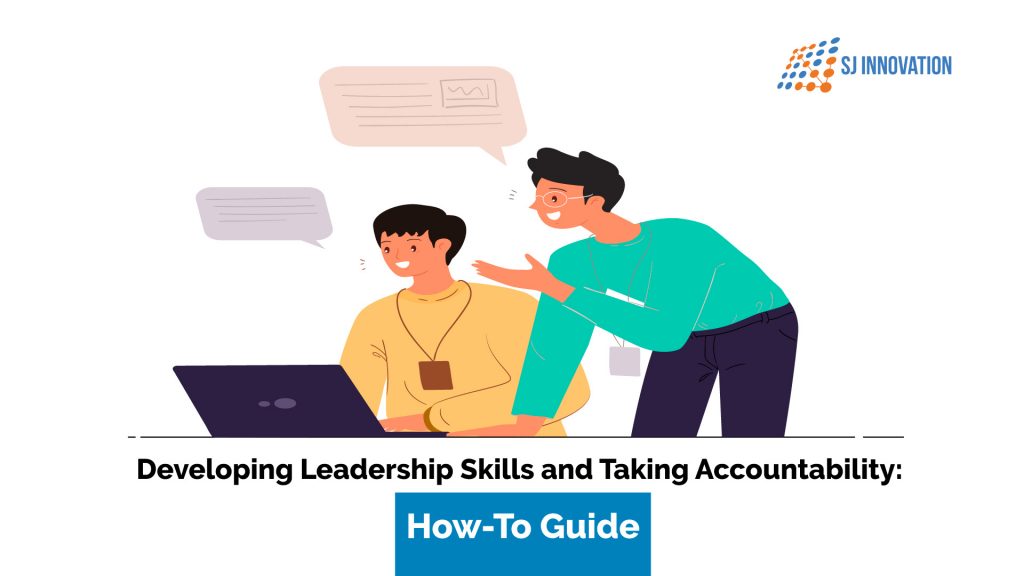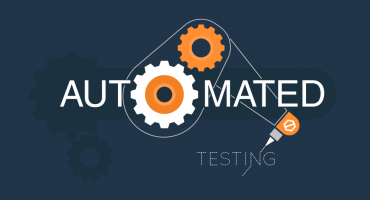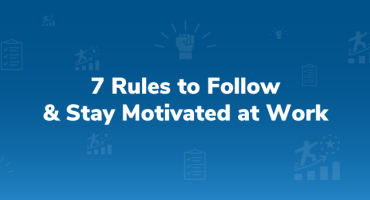Developing Leadership Skills and Taking Accountability: How-To Guide

Leadership skills are an important part of life for anyone who has some kind of aspiration (which means just about all of us). Whether you wish to run your own company or simply make things for yourself and those around you better, having the ability to expertly lead a group and bring out the best from everyone you work with is invaluable. These things don't come as naturally to some of us as they do for others, however, and neither does the need to take account and manage your skill development. Tricky as this may be, try the three tenets outlined here to help in developing your leadership skills and learning to take accountability as you do.
Tools
The tools you use for any job are as important as the job itself. For here, these "tools" will be a bit more metaphorical, though rest assured we'll cover something more physical in a bit.
In general, the mindset you take into developing a skill is one of your most crucial tools for success. For improving your leadership abilities, the basic idea to keep in mind is to further advance the areas you're already confident in while trying to overcome the weaknesses you've managed to find. This is not a complicated principle but is still necessary to repeat, as making a better version of yourself invariably comes back to this.
As someone who has been actively working on self-improvement for more than three years now, some skills I've found beneficial for becoming a good leader are active listening, an ability to focus on what's most important, prioritizing and delegating responsibilities, learning to say, "No," and a creative mind, all of which will benefit you in various ways:
- Being an active listener will both open you up to new ideas and solutions from your team while also improving morale, as everyone will be confident you're listening to them and validating them as part of the team.
- Focusing on the most essential tasks will keep you from wasting time on tangents or less important responsibilities in a crisis or other urgent matter.
- Being able to effectively prioritize the tasks you need to do and delegate those others would be more suited to is good for efficiency as well as a healthy show of humility and trust in your team.
- Being able to tell someone, "No," can be difficult, but prevents ideas that aren't as developed or compatible with a project from slipping through while ensuring that only the best comes through.
- Keeping a creative mind will help you find the best and most inventive solutions to issues while putting you at the cutting-edge of new developments in your industry.
Help From Others
Getting help from others is one of the most invaluable parts of being a leader. Many believe that a leader should shoulder every burden on their own, but this is simply not true. Part of leading a group is taking in the ideas and opinions of that group to formulate the best plan of action based on everyone's experiences and contributions. Deciding things unilaterally and rejecting the opinions of others is simply hubris.
One of the most valuable things in this area is listening to mentors, including those within your industry and your personal life. Finding someone more experienced or knowledgeable than yourself to guide you through learning and skill development significantly improves your performance and knowledge retention. Additionally, having someone to turn to in hard times who can offer you the wisdom needed to get through it will make your ability as a leader that much better.
How to be Accountable
Part of developing your leadership skills is staying accountable, both to others and to yourself. One aspect of this is being open to listening to others, as covered previously. This means taking the opinions of others into account and listening to what they have to say, including your mentor. Even if you believe your idea is far superior to any others, a room of trusted subordinates telling you otherwise should give you pause.
You can also set benchmarks for progress to help you stay on task, such as charting when you display growth in an area you're working on. Tools like the WorkBoard app can help with this as well as various other business tasks. These apps can also be beneficial in that they allow you to share your progress with others, further motivating you and others to continue working due to the increased visibility and accountability that comes with this.
Finally, it's important to remember that leadership is a journey. There is no single endpoint for when you should stop learning and growing, so always be on the lookout for ways to improve.

Automated Testing – Top Reasons To Go For It

7 Rules to Follow and Stay Motivated at Work


